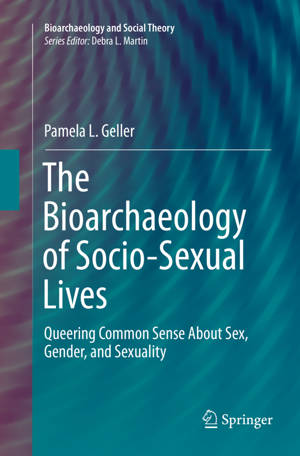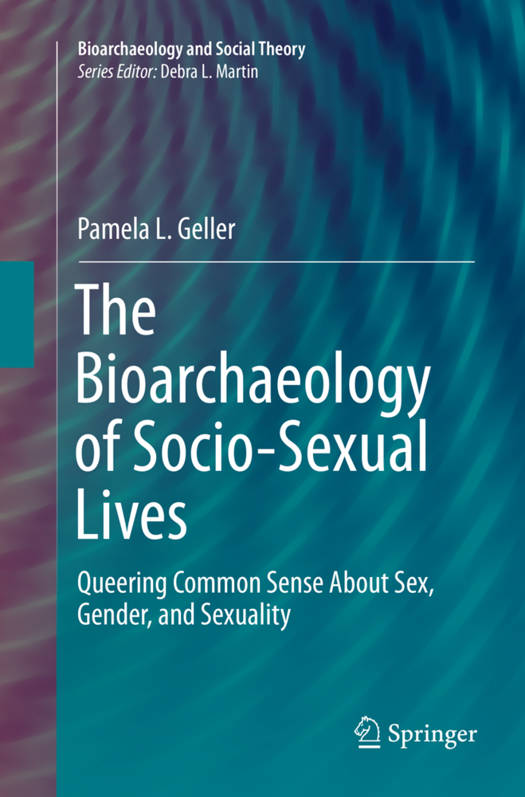
- Retrait gratuit dans votre magasin Club
- 7.000.000 titres dans notre catalogue
- Payer en toute sécurité
- Toujours un magasin près de chez vous
- Retrait gratuit dans votre magasin Club
- 7.000.0000 titres dans notre catalogue
- Payer en toute sécurité
- Toujours un magasin près de chez vous
The Bioarchaeology of Socio-Sexual Lives
Queering Common Sense about Sex, Gender, and Sexuality
Pamela L Geller
116,45 €
+ 232 points
Format
Description
This volume uses bioarchaeological remains to examine the complexities and diversity of past socio-sexual lives. This book does not begin with the presumption that certain aspects of sex, gender, and sexuality are universal and longstanding. Rather, the case studies within--extend from Neolithic Europe to pre-Columbian Mesoamerica to the nineteenth-century United States--highlight the importance of culturally and historically contextualizing socio-sexual beliefs and practices. The Bioarchaeology of Socio-Sexual Lives highlights a major shortcoming in many scholarly and popular presentations of past socio-sexual lives. They reveal little about the ancient or historic group under study and much about Western society's modern state of heteronormative affairs. To interrogate commonsensical thinking about socio-sexual identities and interactions, this volume draws from critical feminist and queer studies. Reciprocally, bioarchaeological studies extend social theorizing about sex, gender, and sexuality that emphasizes the modern, conceptual, and discursive. Ultimately, The Bioarchaeology of Socio-Sexual Lives invites readers to think more deeply about humanity's diversity, the naturalization of culture, and the past's presentation in mass-media communications.
Spécifications
Parties prenantes
- Auteur(s) :
- Editeur:
Contenu
- Nombre de pages :
- 232
- Langue:
- Anglais
- Collection :
Caractéristiques
- EAN:
- 9783319822365
- Date de parution :
- 12-06-18
- Format:
- Livre broché
- Format numérique:
- Trade paperback (VS)
- Dimensions :
- 156 mm x 234 mm
- Poids :
- 362 g

Les avis
Nous publions uniquement les avis qui respectent les conditions requises. Consultez nos conditions pour les avis.






